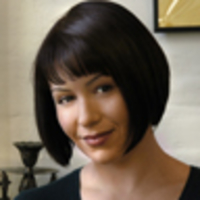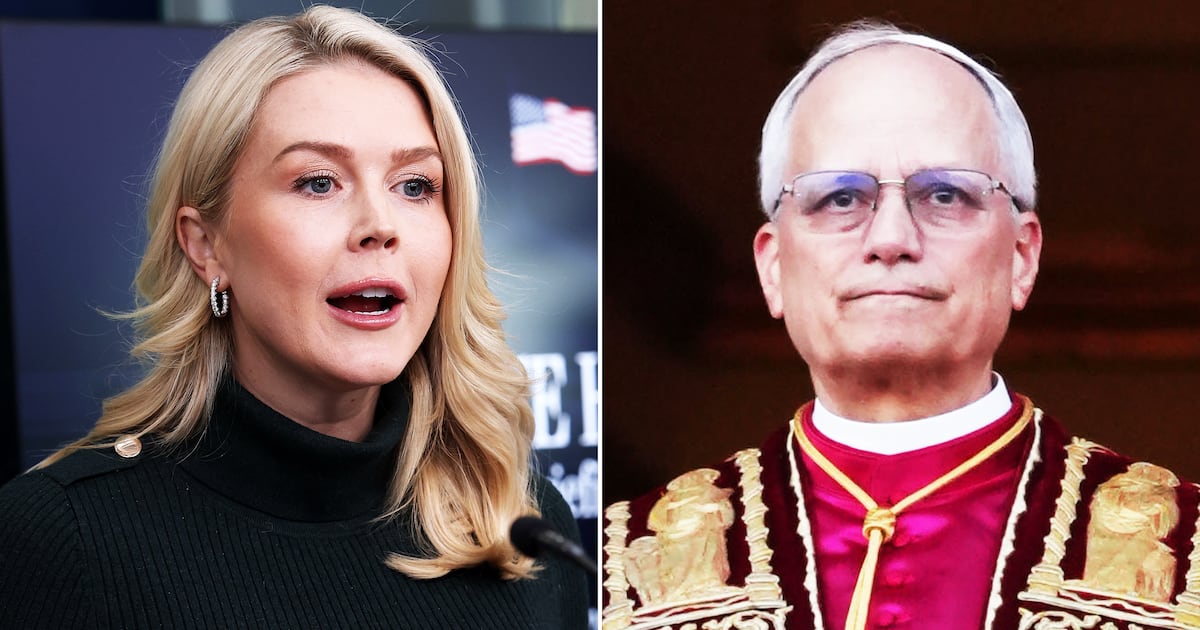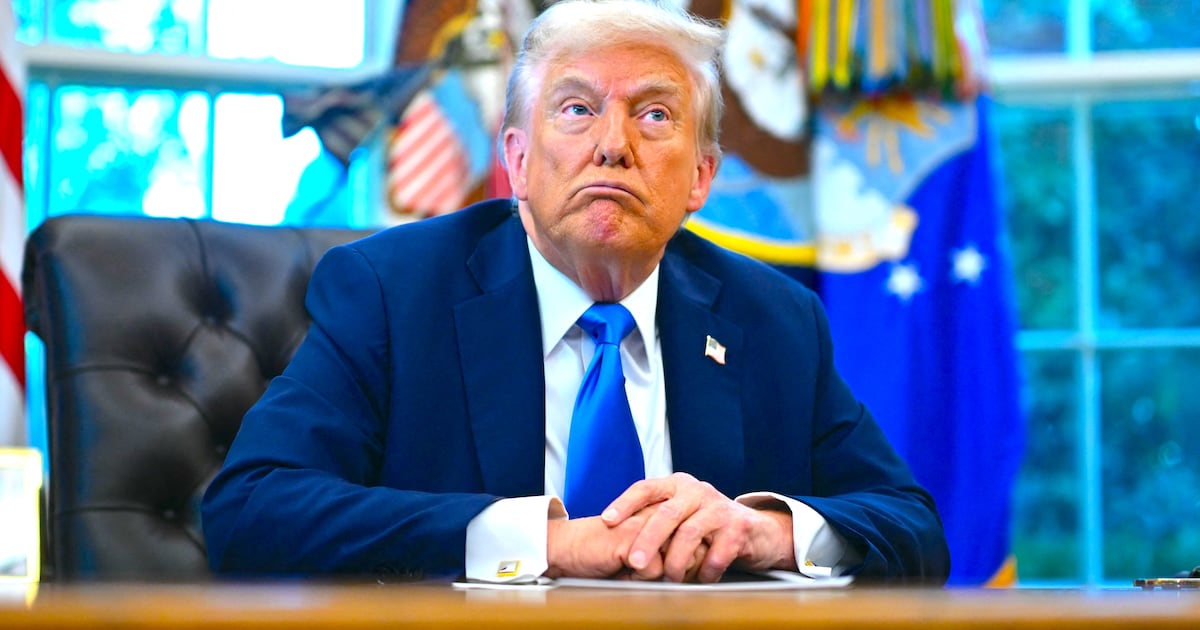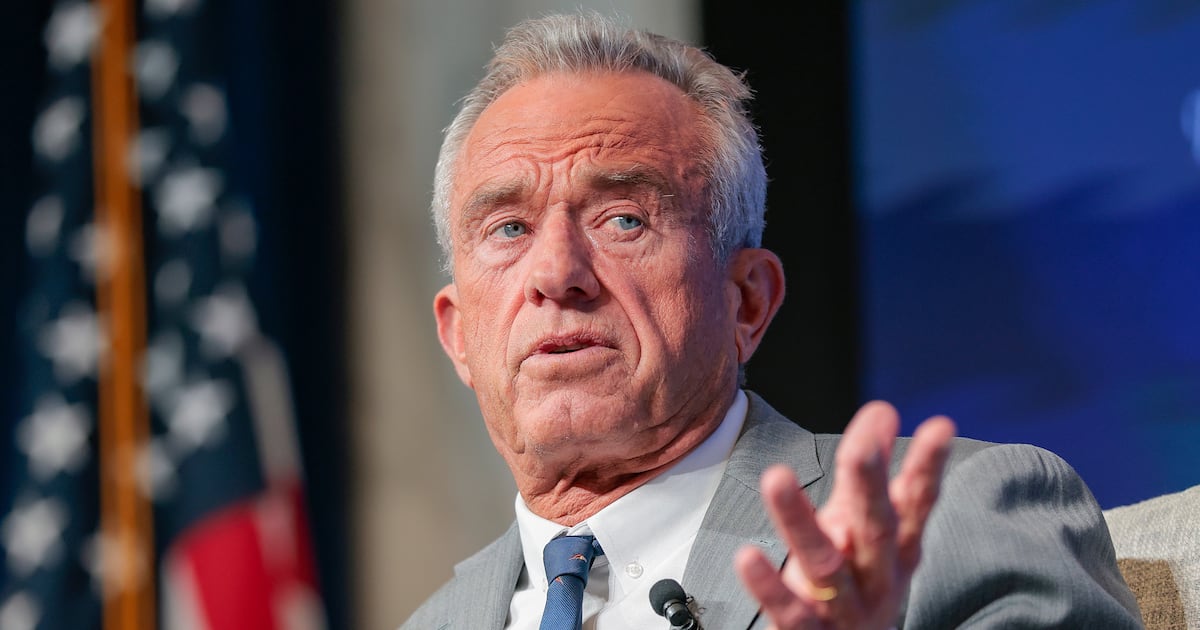
Beneath the HBO hit True Blood’s dark and sexy surface lies a reactionary, antigay worldview, writes Michelle Goldberg. Look closely at the vampires and you’ll see the right wing’s worst nightmares come to life.
True Blood, HBO’s lusty, lurid, and addictive vampire series, is, as The New York Times recently reported, the network’s most successful show since The Sopranos. On the surface, this seems like a triumph of the outré. Derided as gory soft porn in its first season, True Blood is a rotting-magnolia-scented brew of graphic, sometimes sadomasochistic sex and extreme violence. Only four episodes into the second season, we’ve already seen two house parties crescendo into supernaturally debauched near-orgies. Lafayette, the African-American part-time male hooker, part-time drug dealer who is the show’s most charismatic character, was chained by the neck to a work wheel in a basement dungeon, an image horrifically reminiscent of slavery. Then he dug a metal rod out of a severed leg in an attempt to escape. And that’s before he was shot, and before three hungry vampires descended on his prostrate body. This is about as far as you can get from the chaste, sublimated world of Twilight.
The show’s universe is like the right’s worst nightmare about post-gay-liberation America come to life.
But the show’s campy sensationalism isn’t the most interesting thing about it. What’s fascinating and disturbing about True Blood are the weird, seemingly reactionary politics underlying much of the mayhem. True Blood doesn’t share Twilight’s Victorianism, but in a way it’s even more anxious about sex. Indeed, the show’s universe is like the right’s worst nightmare about post-gay-liberation America come to life.
Based on a series of books by the mystery writer Charlaine Harris, True Blood draws a clear parallel between vampires and gays, one that at first seems reminiscent of the X-Men. As the show begins, vampires have “come out of the coffin,” demanding a proper place in society after endless years of existing in the shadows. A Japanese company has manufactured a synthetic blood substitute—called True Blood—removing the need to hunt humans. But not everyone is willing to accept vampires as equals—in the opening credits, we see a sign saying “God Hates Fangs,” while throughout the series, newscasts and magazine covers reference the fight for vampire marriage.
This conceit is cheeky and clever, but it has troubling implications, because the vampires, political rhetoric aside, aren’t really interested in joining human society. Unlike the misunderstood X-Men heroes, most of the vampires we meet are arrogant, perverse, and cruel—everything the far right believes gays to be. True Blood is set in the marshy milieu of small-town Louisiana; the local vampire headquarters is tawdry, decadent nightclub called Fangtasia, where human tourists come for the kink and some are ensnared and corrupted. The vampire leaders are voracious and vain; in one of this season’s most darkly funny scenes, one of them dismembers a man while getting foil highlights, then frets about the blood in his hair.
Of course, not all vampires are bad—hence the tragic romance between the series’ leads, the vampire Bill Compton (Stephen Moyer), and the psychic waitress Sookie Stackhouse (Anna Paquin). But Bill retains his humanity through an act of will. He hates his kind and avoids their company, and even he sometimes loses control and turns violent. And as gallant as he is, he’s aggressive, even feral in bed, where his fangs come out.
Underlying much antigay literature is the unspoken assumption that homosexuality, while disgusting, is also unbearably tempting. And so, in True Blood, is sex with vampires. Sookie aside, those who crave it are somewhat pathetic—they’re referred to, derisively, as fangbangers. Human-vampire carnality is often rough and humiliating. When there is love involved, it’s laced with darkness, tragedy, and pain.
It’s hard to tell what creator Alan Ball, who also made Six Feet Under, is up to here. He’s openly gay, so he could be simply tweaking conservative fears. Or, like Rupert Everett, maybe he’s reacting against the domestication of gay life. Speaking to The Daily Beast in April, Everett railed against gay marriage, saying, “I want to be illegal. I want to live outside the mainstream.” In this spirit, in True Blood, the attempt to mainstream the denizens of a nihilistic demimonde is, at best, a bit of a farce.
Homosexuality is not the only right-wing preoccupation that True Blood turns into a genuine menace. One of last season’s most sinister characters was Amy Burley, who played the bohemian Northeastern liberal-arts chick from hell. Among this season’s villain’s is Maryann Forrester, an urbane, stylish social worker who lavishes attention on the lost and friendless and feasts on piles of fresh produce while using some kind of evil witchy power to drive people into fits of pagan abandon. She’s a wonderful creation, but she also seems like something sprung from the mind of a lip-smacking, hungry-eyed televangelist railing against feminism.
Of course, True Blood satirizes the right as well, with its creepy anti-vampire Fellowship of the Sun church, which seems likely to develop into a more malevolent force as the show progresses. So far, though, the Fellowship kind of has a point about the dangers of the vampire-rights movement.
Part of the sick thrill of the show—the reason it is genuinely twisted as opposed to merely explicit—is that it doesn’t just tweak the values of an imagined Puritan mainstream. It goes after liberal pieties, at times making the viewer feel like a right-wing moralist wracked with terrible attractions. It’s obvious, in the wake of Ted Haggard, Larry Craig, John Ensign, and countless others, that judgmental social conservatism is often the flip side of out-of-control erotic appetites. True Blood suggests that, when it comes to sex’s subversive, destructive power, the right isn’t all wrong to be very afraid.
Xtra Insight: Mystery writer Charlaine Harris, on whose Sookie Stackhouse novels True Blood is based, recommends her favorite books.
Michelle Goldberg is the author of The Means of Reproduction: Sex, Power and the Future of the World and Kingdom Coming: The Rise of Christian Nationalism. She is a senior correspondent for The American Prospect, and her work has appeared in The New Republic, The Nation, the Los Angeles Times, Glamour, and many other publications.






